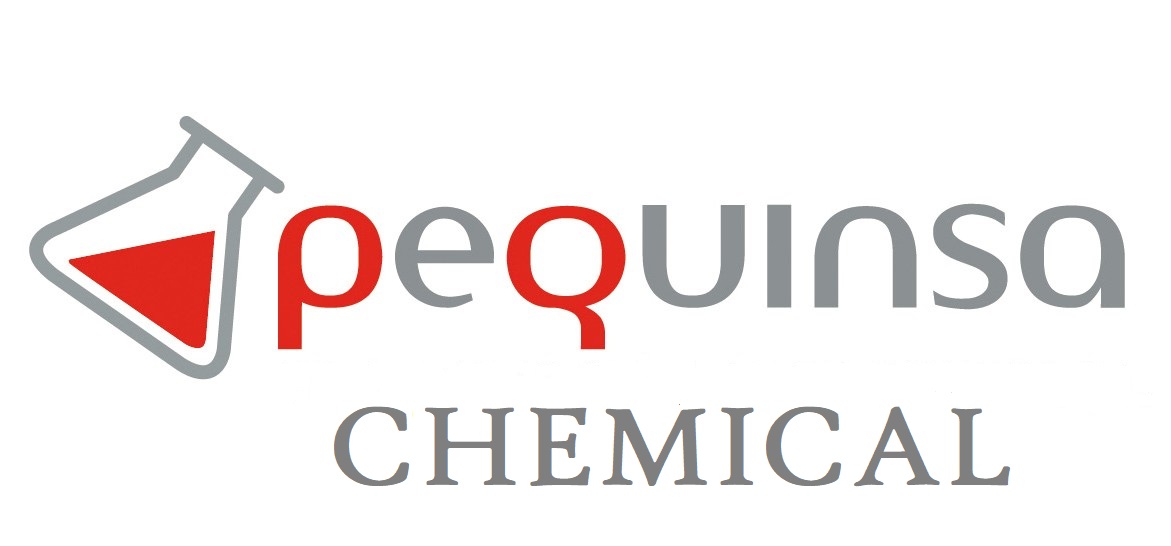-
Categories
-
Pharmaceutical Intermediates
-
Active Pharmaceutical Ingredients
-
Food Additives
- Industrial Coatings
- Agrochemicals
- Dyes and Pigments
- Surfactant
- Flavors and Fragrances
- Chemical Reagents
- Catalyst and Auxiliary
- Natural Products
- Inorganic Chemistry
-
Organic Chemistry
-
Biochemical Engineering
- Analytical Chemistry
-
Cosmetic Ingredient
- Water Treatment Chemical
-
Pharmaceutical Intermediates
Promotion
ECHEMI Mall
Wholesale
Weekly Price
Exhibition
News
-
Trade Service
*For medical professionals
only
Regular monitoring by colonoscopy is recommended every one to two years
Executive Summary
On December 26, 2022, a study published in the European Journal of Gastroenterology found that artificial intelligence (AI) can improve the effectiveness of colonoscopy in the presence of
Lynch syndrome.
Study screenshots
status quo
Hereditary nonpolyposis colorectal cancer (HNPCC), or Lynch syndrome (LS) for short, is the most common hereditary colorectal cancer syndrome
.
It is estimated that in Germany alone, it affects around 300,000 people
.
LS accounts for about two to three
percent of all colon cancers.
It is triggered by a genetic defect responsible for repairing the DNA of the human genetic material
.
Affected children have a 50% risk of also having a genetic predisposition to pathological alterations, technically called mutations, and therefore also have a high risk of colon cancer at a
young age.
Therefore, regular monitoring
by colonoscopy is recommended every one to two years.
Professor Jacob Nattermann, Head of the Department of Hepatogology and Gastroenterology, UKB First Medical Clinic, said:
- Despite this regular endoscopic monitoring, the risk of colorectal cancer in affected people remains high;
- Colonoscopy still misses quite a few adenomas, a potential precursor to colorectal cancer;
- Small, flat adenomas, in particular, are at risk
of being overlooked even by experienced gastroenterologists.
conclusion
The study ultimately included 96 eligible patients [≥ 18-year-old, with pathogenic germline variants (MLH1, MHS2, MSH6) who had undergone at least one colonoscopy (10 to 36 months apart)] and randomized
these patients.
The study found:
- The adenoma rate was 12/46 in the HD-WLE group compared with 18/50 in the AI group (26.
1% [95% CI 14.
3–41.
1] vs 36.
0% [22.
9–50.
8]; p = 0.
379); - The use of AI-assisted colonoscopy in particular increased the detection of flat adenomas (Paris classification 0-IIb) (tests for detection of flat adenomas: 3/46 [6.
5%] vs 10/50 [20%]; p = 0.
07; number of flat adenomas detected: 4/20 vs.
17/30, p = 0.
018); - There was no significant difference in median exit time between HD-WLE and AI (14 minutes versus 15 minutes; p = 0.
170)
。
prospect
Robert Hüneburg, Senior Physician at UKB Medical Clinic I, said:
The aim of our study was to evaluate the diagnostic performance of AI-assisted colonoscopy in patients with LS, mainly due to significantly improved
detection of flat adenomas.
Together, this study is the first in the world to collect data, suggesting that AI-assisted real-time colonoscopy is a promising approach to optimizing endoscopic surveillance in LS patients, particularly to improve the detection
of flat adenomas.
Professor Nattermann added:
Due to the small sample size, based on these results, a larger multicenter study
is now planned under the leadership of our department.
Click "Read Original" to get more clinical dry goods







